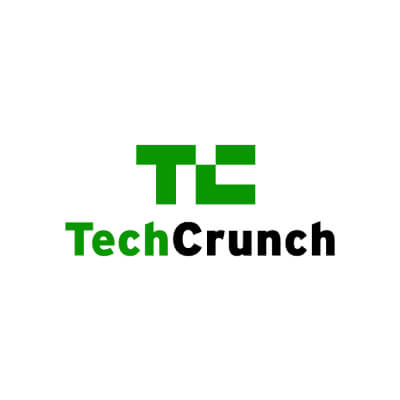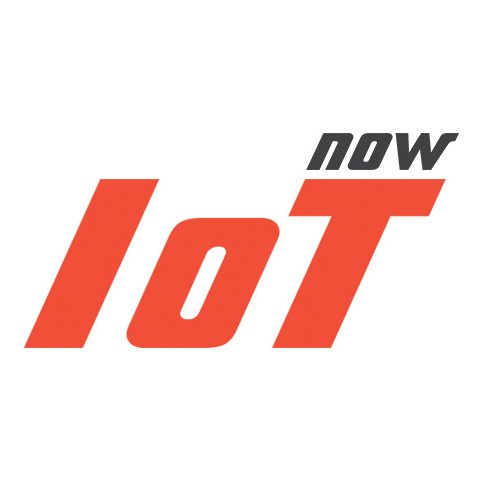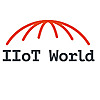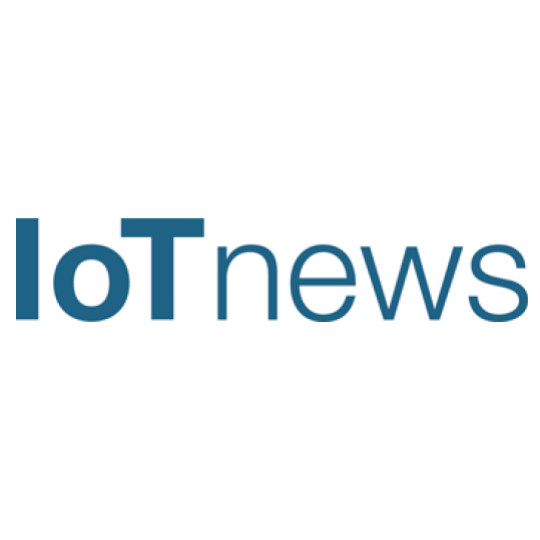
Millennials are the first generation that spent their formative years in a “real-time, anytime, anywhere” economy. As the number of millennials in the workforce increases, business culture is transforming under their influence. A demographic accustomed to on-demand cab sharing, online food delivery apps and homestay hospitality services in their personal lives, expects innovation in the workplace as well. 57 percent of respondents, in research published by Dell and Intel, expected to be working in a smart office, within five years.
Facility Management (FM) has been typically driven by cost-centric rather than value-driven priorities. However, with millennial customers demanding real-time, unified and connected services, tech-driven differentiation is on the rise in the industry. Quality of built space directly impacts workplace productivity and occupant wellbeing, in turn enhancing perceived property value. In effect, the evolution of workplace practices is creating a space for FMs to leverage tech-enhanced services to attract a premium, while also generating cost and operational efficiencies. FM is evolving from maintenance and basic functional support to the provision of an experience that delights tenants and enriches their interaction with the facility.
Why Automation Is Becoming Core to Workplace Expectations
Real estate automation is evolving rapidly, as businesses begin to incorporate technologies as diverse as Smart Glass to Robotic Process Automation into their operations. Agile, self-regulated and integrated workplaces are the future. Such collaborative work practices require fundamentally different infrastructure to the legacy model. Artificial Intelligence (AI) and the Internet of Things (IoT) enabled buildings go beyond optimizing FM operations, to providing infrastructure on which tenants can overlay their digital workspaces.
Customer expectations for personalized, service-led and experience-driven facilities have outstripped the constraints of legacy models. 70 percent of respondents to a 2018 Verdantix global “Smart Building Technology” survey rated occupant wellbeing, IoT connectivity and mobile apps as being either “very influential” or “influential” over the next 3 years. Japanese telecom conglomerate SoftBank has raised its stake in WeWork, the fast-growing co-working company by 25 percent to a total of about $10.5 billion. In total, smart buildings attracted an investment of nearly $4 billion in 2018. The consensus and momentum has gathered to the point that an industry-wide transformation is inevitable.
Adding a “Premium” to the Building
The eventual aim of the emphasis on real-time responsiveness is enabling predictive management of buildings. The primary impetus for embracing technology is the ability to deliver value by enhancing occupant experience. FMs and commercial real estate (CRE) owners with portfolio-wide visibility can work towards totally optimized operations. In a competitive market the ability to attract customers, as well as a premium for the facility, are a priceless advantage. Technology is the way to ensure the kind of consistently superior customer experience that can achieve these aims. As the end-user experience of space becomes its primary metric of value, gleaning actionable insights from data on an ongoing basis is a key ability. The conjoined deployment of AI & IoT is the next-gen solution that delivers this capacity.
IoT & AI Enabled Smart Buildings Offer the Competitive Edge
Efficiency and customer experience are inseparable in the case of buildings. Technologies that enhance connectivity and unified management also enable workplaces that perform better, scale faster and deliver an interactive experience for customers. Access to real-time data-driven insights empowers rapid identification and resolution of issues as well as predictive management that ensures a seamless experience for customers, and better return on investment (ROI) for CRE owners.
Millennial end-users are creating a clear differentiation in the FM market as a result of their expectations from modern and smart facilities. Traditional Computer-aided facility management (CAFM) used by legacy providers is inherently inadequate in being able to address these emerging trends. Deployment of an IoT and AI-based solution enables FMs and CRE owners to leverage value creation as a fundamental operational advantage, while concurrently transforming the tenant experience in the built ecosystem.
Empowering the Workforce Within
The post-construction phase of a building’s lifecycle requires the greatest input of human capital as well as natural and financial resources. FM workforces are some of the largest in the world, but they currently represent a severely under-optimized resource. Legacy models have neither empowered these teams adequately using technology nor through training. The IoT and AI-enhanced FM paradigm has the potential to transform the way in the industry utilizes its professionals, creating a win-win for employees as well as businesses in this space. In terms of optimizing the entire macro-structure of the business few, if any, industries or prospective solutions can compare, in terms of potentially untapped benefits.





 Related Podcast Episode
Related Podcast Episode




 Related Applications
Related Applications


 Latest IoT News
Latest IoT News







